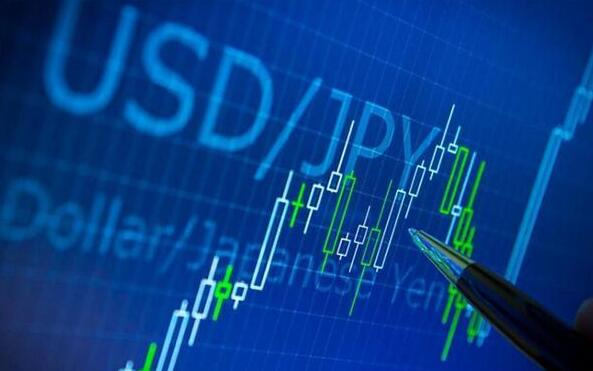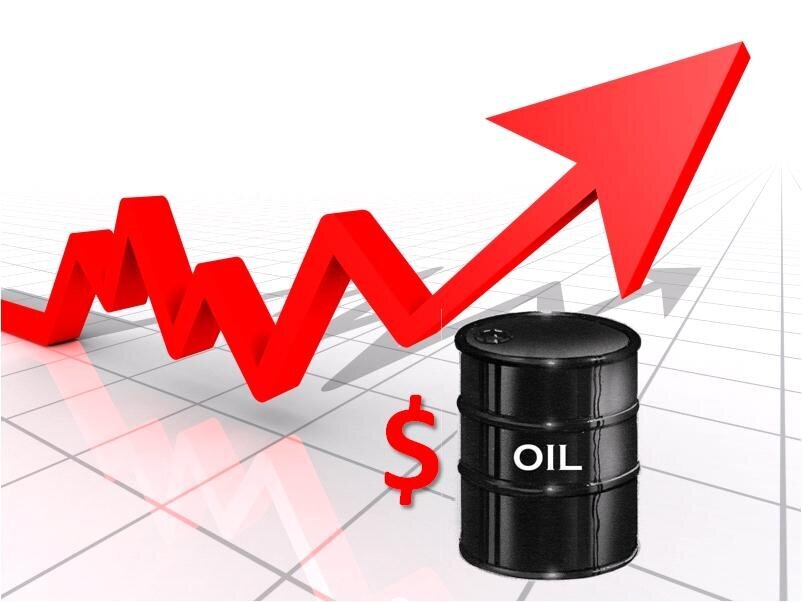The Nasdaq broke 15,000 points for the first time, and the mileage is "sorrowful"?

Recently, benefiting from the rebound in market risk appetite, global stock markets have risen one after another, especially US stocks have repeatedly set record highs.
U.S. stocks repeatedly hit new highs
On Tuesday, the Nasdaq Composite Index, which is dominated by technology stocks, rose 77.15 points, or 0.52%, to 15,019.80 points. The index closed above 15,000 points for the first time. The Nasdaq Composite Index unknowingly created another historical record. milestone.
In addition, the US Standard & Poor's 500 Index rose 6.7 points, or 0.15%, to 4,486.23 on Tuesday, setting a record for the ninth time this month and the 50th closing record since 2021. The Dow Jones Industrial Average closed up 30.55 points, or 0.09%, to 35,366.26 points.
Because Pfizer (NYSE:PFE) and BioNTech SE (NASDAQ:BNTX)'s new crown vaccine has been fully approved by U.S. regulatory agencies, boosting the overall market popularity, people are expecting that more people who have not been vaccinated will be vaccinated, and then May reduce the threat posed by the epidemic to the economic outlook. According to clinical data submitted by Pfizer, the effective rate of its new crown vaccine is 91.1%.
Market shift
Although the U.S. stock market has repeatedly set records, the market has already begun to change. As the Delta variant continues to spread, the number of confirmed cases in the United States has risen rapidly, and the optimistic expectations of economic recovery have clouded. Goldman Sachs recently lowered its estimate for the third quarter of the US economic growth from 9% to 5.5%, and Bank of America lowered its third-quarter GDP forecast from 7.0% to 4.5%.
In addition, according to the Bank of America survey, fund managers are hoarding cash. At present, the degree of cash overweight has increased to the highest level since October 2020, and they have also increased their positions in defensive stocks such as healthcare and utilities.
Previously, analysts have repeatedly warned of U.S. stocks' corrections, but so far this year, U.S. stocks have not seen a sharp correction, and since the rebound from the outbreak, selling stocks has been a failed strategy. There is almost no return on assets. Comparable with the strong stock market. However, the increasing risks have strengthened the view that the market may be more turbulent in the coming months.
risk
The main concerns of investors include: economic growth is showing signs of slowing down, Delta variant strains are beginning to threaten the reopening of various parts of the United States, and the Fed may begin to withdraw economic stimulus measures in the face of high inflation.
The Fed has maintained an ultra-loose monetary policy for a period of time, and the market has also developed a certain degree of dependence on it. Investors are beginning to feel fear in the face of the Fed's upcoming debt reduction and future interest rate hikes.
Excessive valuation also makes investors feel uneasy. According to data from Datastream, the expected price-earnings ratio of the S&P 500 for the next 12 months is 21.1, which is more than 34% higher than its 20-year average.
Summarize
There are indeed some bad clues in the market, but U.S. stocks are still setting records. Numerous previous experiences have proved that any correction is an opportunity to buy. After the Nasdaq broke through 15,000 points, S&P In the future, it may also exceed 5,000 points. The Fed is still a long way from reducing the scale of asset purchases and raising interest rates. The strategy of maintaining bargain hunting seems to be the right choice for now.
However, under the circumstance that the existing risks continue to increase, investors can appropriately diversify their funds to invest in different regions or other asset classes, such as hedge funds, safe-haven assets, etc., in the event of large fluctuations in the market. Received a huge impact.







